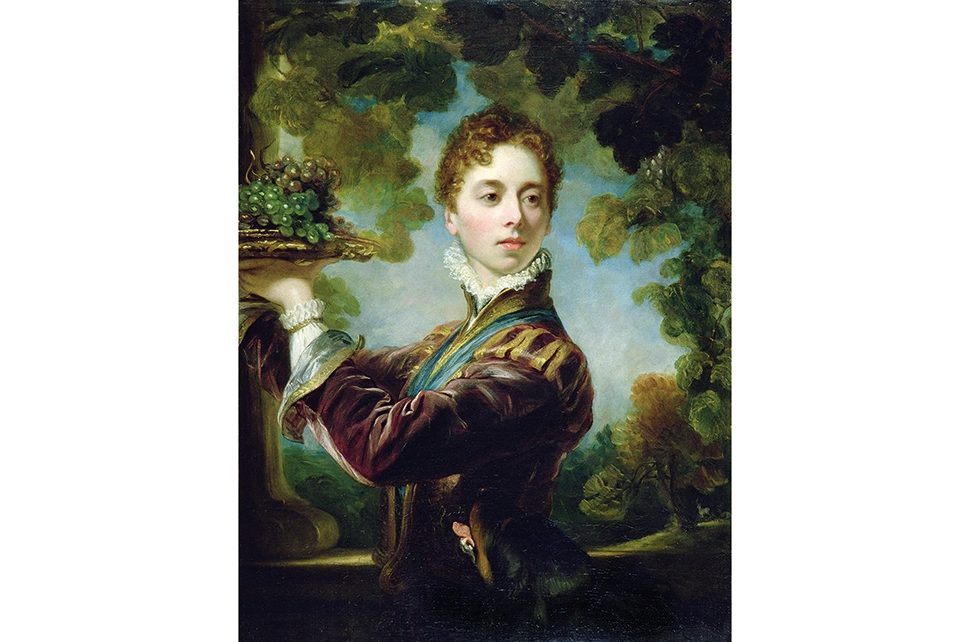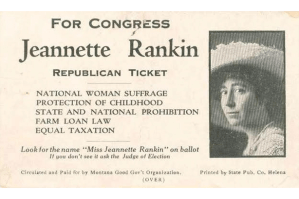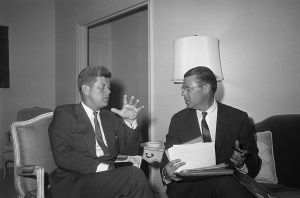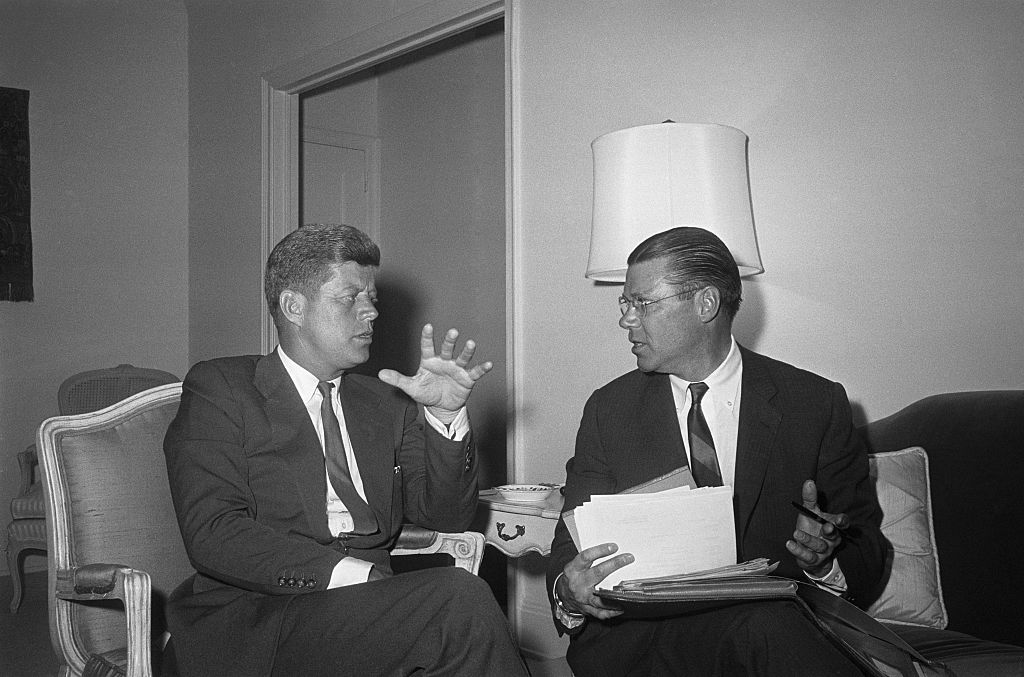At the beginning of her biography of the novelist, “fairy sprite” and proto-feminist Lady Caroline Lamb, Lady Antonia Fraser hints that this may be her final book. Not for her a dramatic, Prospero-breaking-his-staff exit; instead, she writes mildly in the prologue that “this book… can also be regarded as the culmination of an exciting and fulfilling life spent studying history.” We must hope that Fraser continues to research and publish. Yet if this is to be her swansong, it is characteristically readable, accomplished and in places positively revolutionary.
Glenarvon, Caro’s stinging attack on Byron, became a bestseller, even as it led to her banishment from society
Lamb — or Caro as she was familiarly known — is today best known as the most famous of Lord Byron’s many mistresses. It was she who coined the expression that he was “mad, bad and dangerous to know” — and she remarked on first seeing him: “That beautiful pale face will be my fate.” She was proved right in more ways than one. Not only was she seduced, betrayed and abandoned by Byron, but she has been consigned to posterity as little more than a hysteric, given to acts of wild ostentation in a vain bid to retain her lover’s attention, if not his affection.
He may have introduced himself by offering her a rose and carnation, saying “Your Ladyship, I am told, likes all that is new and rare for the moment,” but this did not last, and he soon tired of her and sought more pliable company. She later took revenge by publishing the roman-à-clef Glenarvon, a stinging attack on Byron that became a bestseller, even as it led to her banishment from scandalized society.
Fraser is clear-sighted as to Caro’s moments of caprice: “For better or for worse, Caroline Lamb demanded attention; exhibitionist would be a mild word for some of her exploits.” These included sending her pubic hair to Byron as a love token and attempting to slash her wrists with broken glass after being rejected and thwarted at a ball. She was, after all, a woman who prefigured her later behavior by writing, aged eleven: “I’m mad/that’s bad.”
Yet Fraser also mounts a spirited defense of Lamb, saying of her that she was “an unusual, intelligent and independent woman, afraid of nothing (except the absence of love).” In her account, which draws on other biographies, most notably Paul Douglass’s 2004 life, but which manages to remain fresh and vital, she skewers the hypocrisies and double standards of the age:
The story of Lady Caroline Lamb exemplifies the captivity of a young female in the early nineteenth century before any kind of amelioration by reform had taken place… One can only imagine how she might have been if she had lived in the age of the suffragettes.
Instead, she was held in a kind of bondage, where women were encouraged to be sexually promiscuous so long as men held all the reputational cards. As one aristocrat remarked when asked why he didn’t fight a duel to protect his wife’s honor: ‘Why, that would require me to challenge every man in London.”
It was this patriarchal society that Caro attempted to challenge, not least by dressing up as a page boy. While this attire excited the bisexual Byron — and Fraser is too decorous a biographer to detail some of the inevitable consequences of such excitement — it was not an indication of transsexualism. As Fraser writes, while this cross-dressing undeniably hinted at some pansexuality on Lamb’s part, “this does not represent a sincere wish for transition to the masculine gender… as much as a wish for the freedom such a state conveyed.”
The men arrayed here come across poorly, although Lamb’s husband William — the subsequent Lord Melbourne, prime minister and mentor to the young Queen Victoria — is partially redeemed by the fondness he clearly felt for his wife, even if he was obliged to obtain a legal separation from her towards the end of her life in order to preserve his public reputation. Describing Caro’s various entanglements with unsuitable men, Fraser indicates whether they were platonic or sexual, and invites the reader to sigh with exasperation at the most misogynistic comments. One lover, Ugo Foscolo, suggested that she “write a book which will offend nobody — women cannot afford to shock,” which was echoed by her husband saying to Queen Victoria: “No woman should touch pen and ink; they have too little passion and too little sense.”
The pointed subtitle of this book is “A Free Spirit.” At ninety, Fraser shows that she has more élan and attack — or passion and sense — than writers a third her age. Should this be her final sally, it is as inimitable and impressive as anything in her distinguished bibliography.
This article was originally published in The Spectator’s UK magazine. Subscribe to the World edition here.

























